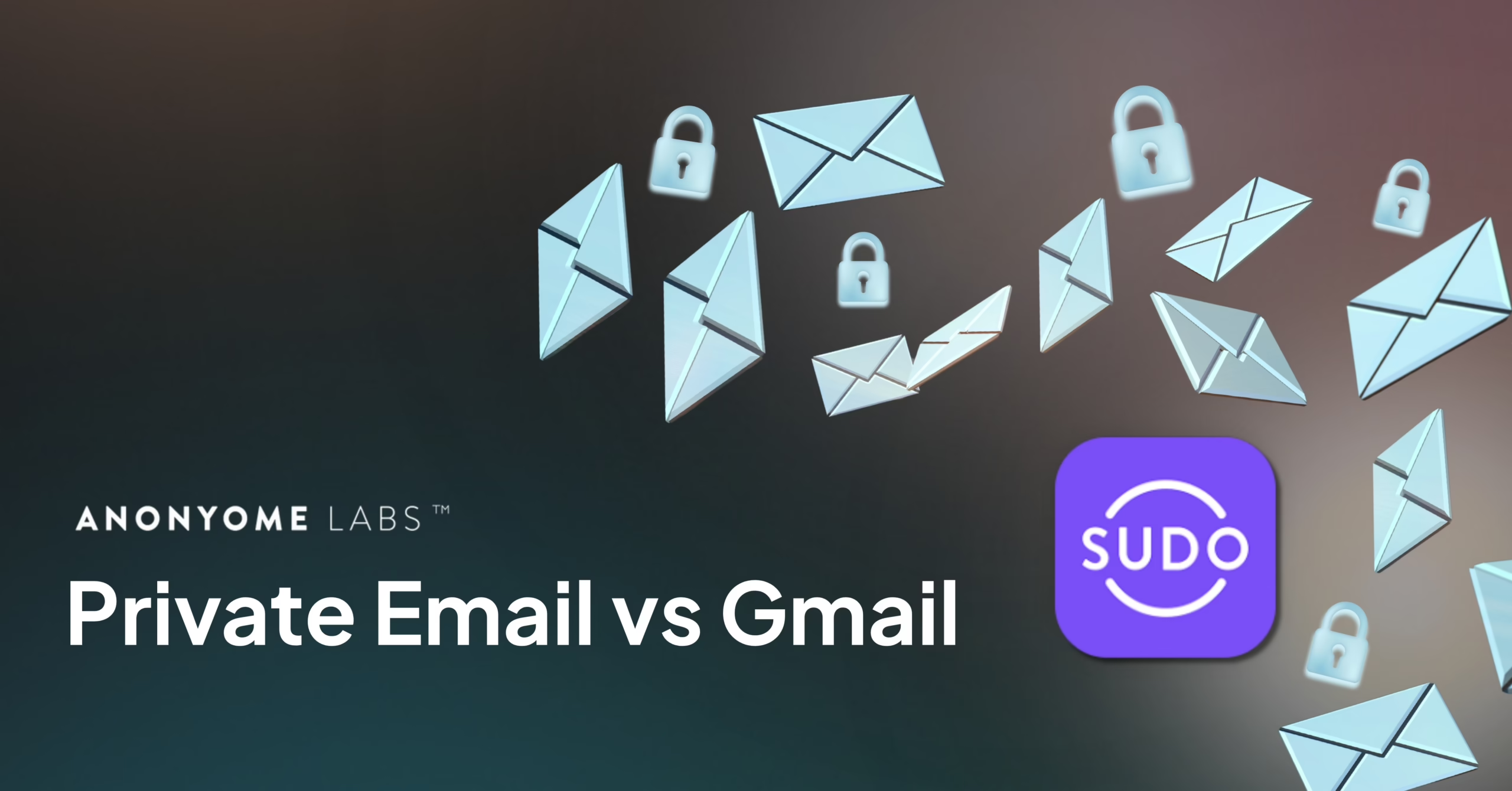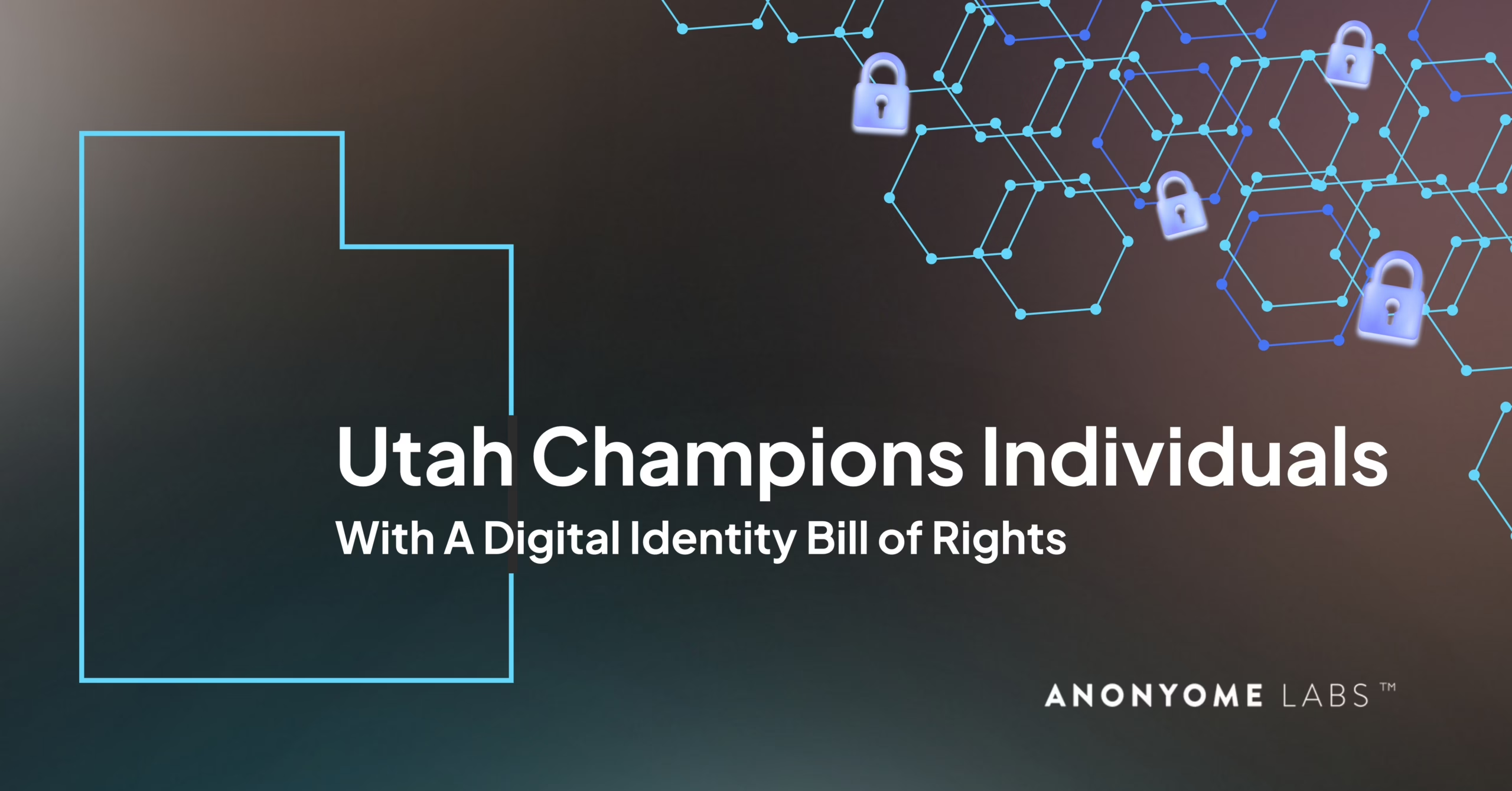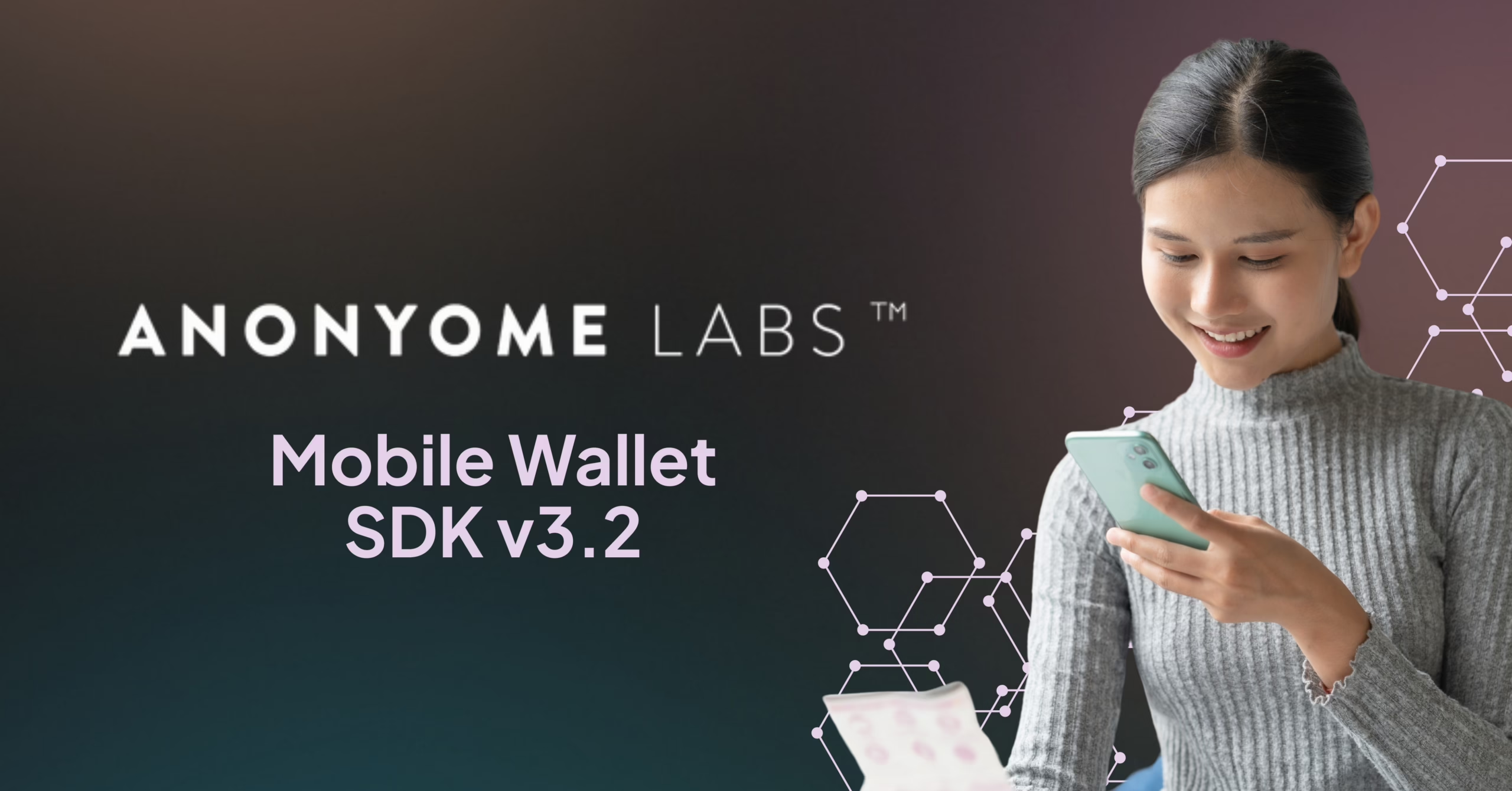There’s no question we need to solve the data privacy problem.
Consumers are fed up with surveillance capitalism, data breaches and criminal data abuse.
We started Anonyome Labs (the makers of MySudo) because we believe the pendulum has swung too far; that people have lost control of their personal information. Even back in 2014 when we started the company, we could see privacy was going to be a defining issue for years to come.
Over time, we’ve seen some positive news in the data privacy space, such as Apple’s privacy labels, and some negative news too: think WhatsApp. So the bottom line is, we need to affect real change.
Privacy is a complex issue, but we believe the solution lies in empowering users to protect their personal information through digital identities and the related decentralized or self-sovereign identities—the future of privacy and identity management on the internet.
We know that when we use our personal identity, our data is tracked, collected, correlated, and sold and often reveals highly sensitive personal information about us, like medical history, financial situation or criminal record. Companies can easily end up with a full set of our personal data and use it to influence our buying and other behaviors.
But when we use a digital identity, we can separate from our personal identity and, even better, we can compartmentalize all our different digital identities in a powerfully protective strategy. (Compartmentalization of personal data is so important, it’s worth reading our popular article on the topic.)
The Sudo
Anonyome Labs has built an innovative digital identity concept called the Sudo. A Sudo is a secure, customizable digital identity or ‘profile’ that intentionally differentiates from a consumer’s personal identity and protects their personal data.
A Sudo isn’t a ‘burner’ or fake ID—it’s a real, alternative identity that a consumer can use anywhere their personal identity is required. The consumer’s Sudo profile is a secure stand-in for their personal identity, and it’s entirely under their control. They create the Sudo profile and manage it.
You’re no doubt aware that Sudos are the centrepiece of our exemplar consumer privacy app, MySudo, and our digital identity protection toolkit for rapidly producing branded privacy and cyber safety solutions.
In MySudo, a user can create up to nine Sudos and each one can have its own set of attributes and associated capabilities:
- name
- phone number
- address
- email address
- virtual cards* for secure shopping
- private browser (all your bookmarks and any cookies that sites set are compartmentalized to the browsing Sudo)
- notification settings for phone, email and message
- contacts and more.
The user gives each of their Sudos one or more identity attributes that are different from their legal identity. They can make their Sudo identity a little different (e.g. by having a different phone number) or very different (e.g. by having a different name, email address, phone number, virtual cards, contacts, etc.). The user labels each Sudo and can even assign a different notification sound to each, to alert them to the context of the incoming contact (is it my kid’s soccer coach or my bank is calling or messaging, for instance).
Users structure their Sudos to achieve the degrees of privacy, safety, organization and convenience they need. For example, they might regard their medical information as more sensitive than their financial information, and their financial information as more sensitive than a social group they know. The user decides what suits them.
Sometimes, a user might want one of their Sudos to retain some of the benefits of ‘privacy invasive’ searching and tracking online. Health information is a great example. When researching a health condition, a user may want some level of tracking in order to preserve their search history, mark favorites, set bookmarks, be offered search results relevant to their previous searching, receive discount coupons for remedies, be offered new research material, or even be referred to doctors or hospitals specializing in their condition. By using a Sudo, they can still have all these benefits, but they’re not correlated to the user’s personal identity.

Sudos allow a user to do many things:
- Call people and businesses
- Send and receive texts
- Have private communications with family and friends
- Browse online and decide whether they want to be tracked
- Protect themself when shopping online
- Assign separate Sudos for different purposes
- Be as anonymous as they feel is appropriate for the situation.
The integration of all these activities, like autofill for virtual card information, is also really important.
In developing the Sudo, we wanted to do something that hasn’t been done before. And that’s what the global fight for privacy will demand from us and others in this space, as well as any company that engages with user data: out of the box thinking and privacy by design.
Photo by Chris Liverani on Unsplash
*This card is issued by Sutton Bank, Member FDIC, pursuant to license by MasterCard International. Card powered by Marqeta.



